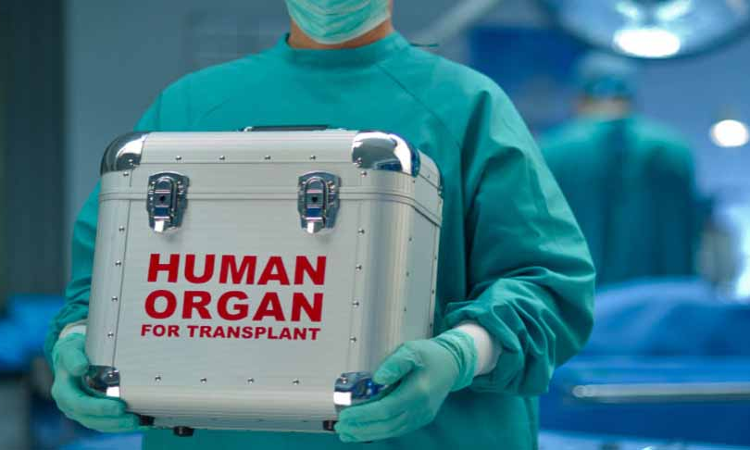The Gujarat High Court has declared as unconstitutional the State government's policy giving priority to persons domiciled in Gujarat for the purpose of cadaveric organ transplant (transplant which takes place upon the death of the donor as opposed to live organ transplants).A single bench of Justice Biren Vaishnav ruled, "While interpreting Article 21 of the Constitution of India, the...

